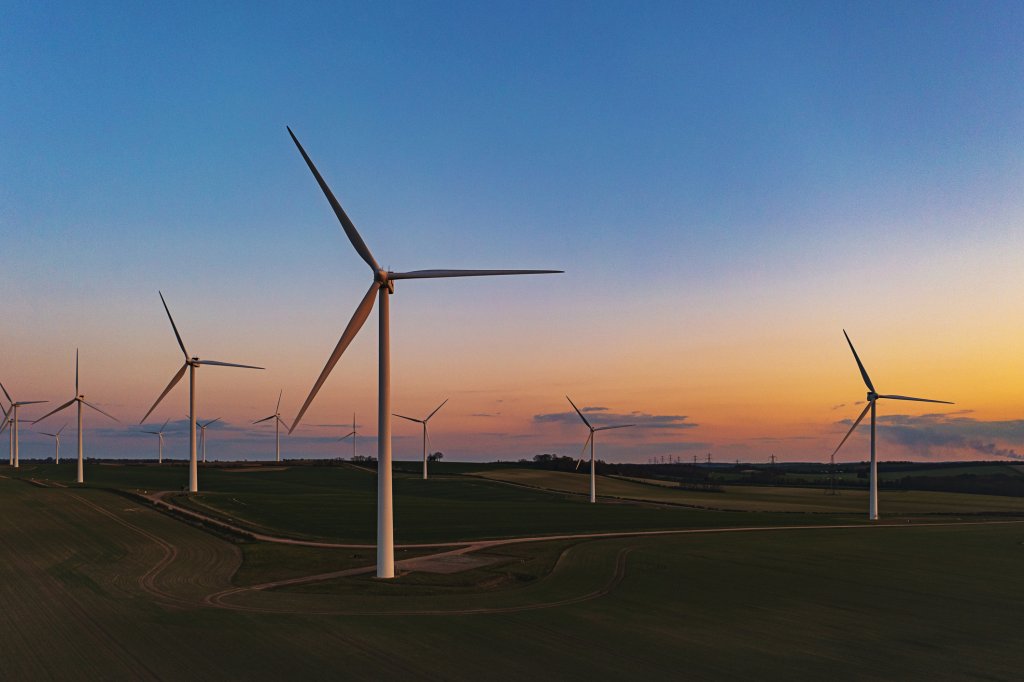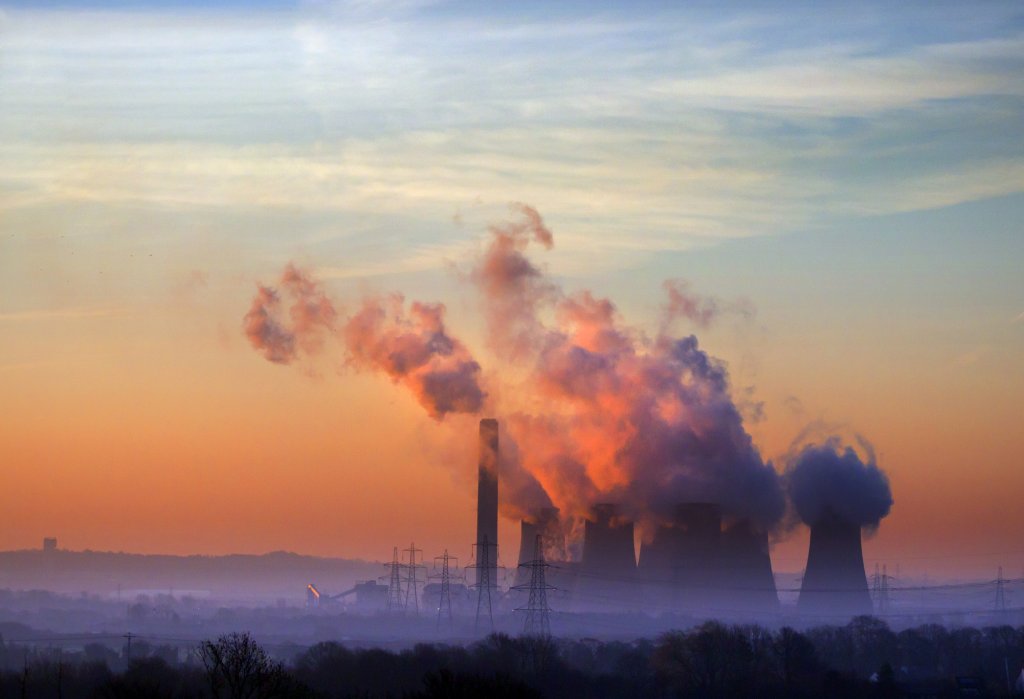The past year has been tumultuous to say the least for the energy sector. The shock to gas spot prices back in September and the events of Storm Arwen in November thrust UK supply and network stability into the spotlight and reignited a debate about the future of the sector. In the political arena, delegates at Labour conference voted (again) to nationalise the UK’s energy companies, though try as they might, no journalist has been able to extract a definitive answer from Keir Starmer on what his alternative idea of “common ownership” entails.
Fast-forward to today and new factors – the war in Ukraine coupled with the energy cap rise – have brought the sector even further into the public eye. The Government is bringing forward its energy security strategy in response to these new pressures, which is expected to significantly increase domestic renewable and nuclear capacity, while also granting new permits for homegrown hydrocarbon extraction. But Labour has beaten Government to the punch, announcing a 5-point plan for a “secure route to energy security and sovereignty” and a “national sprint” to build a greener, cleaner and more secure energy system in the UK.
THE LAST THING THE LABOUR LEADERSHIP WANTS TO GET INTO AT THIS MOMENT IS AN IDEOLOGICAL BATTLE WITHIN ITS OWN RANKS.
The focus on renewable and nuclear capacity, along with substantial increases in home energy efficiency, can be interpreted as an attempt to get ahead of and stretch Government ambitions. But one thing was missing from Labour’s plan – any mention of what common ownership means.
At first glance this makes complete sense. The last thing the Labour leadership wants to get into at this moment is an ideological battle within its own ranks. But let’s examine the case a little more closely.
The two greatest pressures on the energy system now are supply security and cost. Recent public polling shows that more than four fifths of the country are concerned about the UK’s reliance on energy imports, and 88% are concerned about rising energy prices. Within this context there should be significantly less opportunity for private industry to be praised for what it does best – improve service levels and invest in future needs (demand and decarbonisation).
By the same token there should be greater opportunity for Labour to begin to signal the benefits of common ownership – command-driven supply and cost subsidy. But so far, we’ve had nothing definitive from Starmer, Rachel Reeves or Ed Miliband, so what is going on?
Beyond the short-term need not to appear cynical in front of voters, insight from Hanover research suggests that Labour is running into a softening of attitudes around the nationalisation of the UK’s energy sector. Hanover asked an elite stakeholder panel (who are typically more in favour of common ownership than the general public) a range of questions around the energy system, and the results were remarkable.
REEVES’ PROPOSAL FOR A WINDFALL TAX ON NORTH SEA OIL AND GAS MAY BE A HEADLINE GRABBING POLICY, BUT IT’S ALSO A SIGNAL TO INDUSTRY THAT LABOUR IS SERIOUS ABOUT INTERVENING MORE FORCEFULLY THAN THE CURRENT GOVERNMENT.
Perhaps as expected, most believe that in an ideal world British infrastructure should rely on public intervention and investment (47% vs 19%). And in asking about energy retail in particular, marginally more respondents believe suppliers are providing a poor service (51%) rather than a good one (46%). But very few would choose to nationalise the sector. In fact, over half of all Labour leaning respondents (51%) believed the Government should introduce tougher price controls rather than bring them under common ownership (21%).
So it appears Labour is reading the mood on common ownership, but knows that most want Government to be harder on energy companies. This tougher attitude has been clear to see in recent months. Reeves’ proposal for a windfall tax on North Sea oil and gas may be a headline grabbing policy, but it’s also a signal to industry that Labour is serious about intervening more forcefully than the current Government.
How should industry respond? In the short term, industry will need to clearly highlight the role it is playing and wants to play in helping the country respond to its energy security challenges. It must also show it is targeting a return to manageable costs as soon as confidence in supply returns.
But in planning for the long-term, there is a route to returning to stronger territory – net zero. Hanover insight shows that when voters are asked to choose between companies investing to lower utility bills or individually paying more now for companies to invest in greener utilities in the long run, they go green by 37% to 31%. Ed Miliband’s 5-point plan is proof Labour understands this dynamic – emphasising how accelerating the shift to renewables is a core policy lever to both deliver cheaper and more secure energy closer to home, while cutting carbon emissions.
Therefore, in seeking to reduce the threat of market intervention from Labour, there is a clear narrative lesson for industry. Cost and supply security are currently the main game in town, but investments in net zero are still the best proof of your intent to address these issues and serve the country, in the long run.











